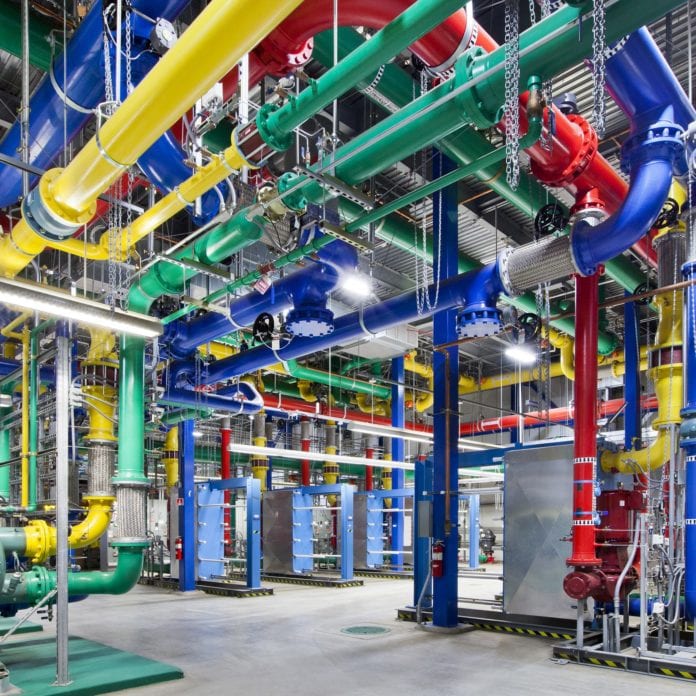Dallas, Texas region is next up to bat for Google
Google Cloud announced this week that its latest U.S. expansion is up and running. Google Cloud has opened a new second region in the American Midwest in Columbus, Ohio. It’s also constructing one in Dallas, Texas which it expects to launch this year.
The new Columbus, Ohio region, called us-east5, is Google’s 10th region in North America, and its 33rd global region, according to Stacy Trackey Meagher, Google Cloud Central Region managing director.
The Columbus region launches with three zones – deployment areas for cloud resources. Deploying across multiple zones helps Google Cloud customers who need high levels of availability to better mitigate unexpected failures.
“The Columbus region offers immediate access to three zones, for high availability workloads, and our standard set of products, including Compute Engine, Google Kubernetes Engine, Cloud Storage, Persistent Disk, CloudSQL, and Cloud Identity,” said Meagher.
Google claims the combination of regional availability and scale is helping enterprise customers in specific vertical markets solve digital transformation challenges, turning to customer testimonials in finance, IT, and retail to bolster its assertion. Customers, including fast food giant Wendy’s and fashion retailer DSW, cited improved proximity to Google Cloud services as an accelerator for growth.
Last December, Google Cloud announced global infrastructure expansion and improvement plans stretching from Europe to the Middle East and across North and South America. Google Cloud currently operates 29 cloud regions and 88 zones, according to Sachin Gupta, GM and VP of product for IaaS.
Santiago, Chile was recently activated, with Google announcing separate regional plans for Tel Aviv, Israel, and Saudi Arabia, as well as a second planned region for Germany. The United States will see three new cloud regions added over the next year, Sachin Gupta, GM and VP of Product for IaaS, Google Cloud.
“Over the next year, we will add cloud regions in Columbus, Ohio and Dallas, Texas, providing customers operating in North America with the capacity they need to run mission-critical services at the lowest possible latency,” said Gupta.
At a time when environmental, social and governance (ESG) issues remain at top of mind, Google claims to operate the “greenest cloud in the industry.” Google said it went carbon-neutral in 2007 and is working towards 100% carbon-free energy by 2030.
The company’s most recent sustainability initiatives include new tools to help customers mitigate environment impact, green improvements to the Google Earth engine and a new green data partnership initiatives.

